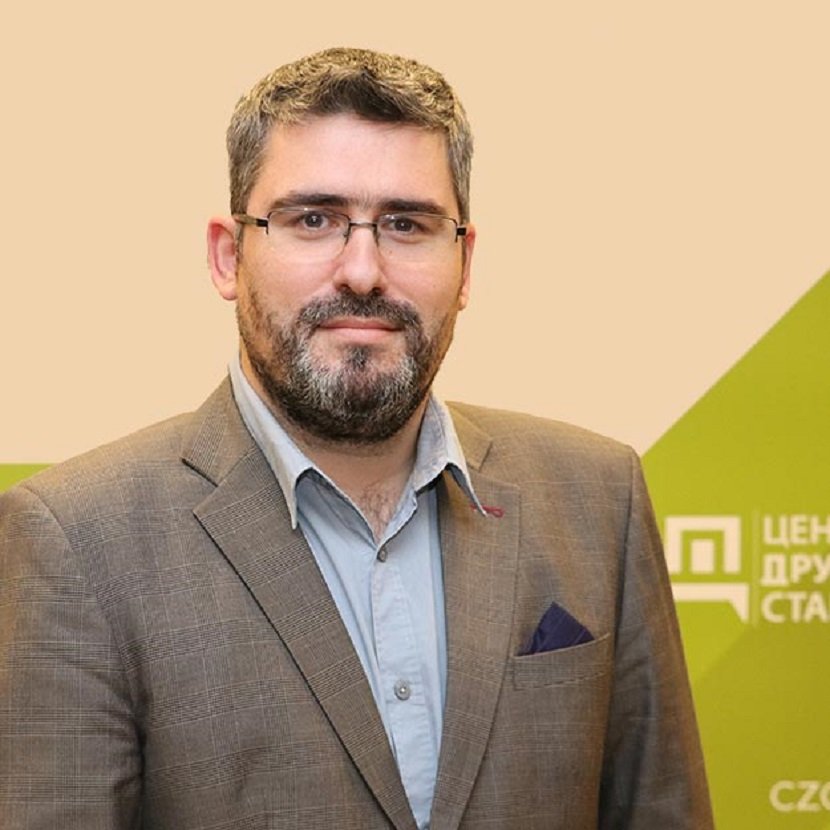Starovic: Italy didn't put Pristina's request on agenda, but that doens't mean it will not be discussed

The Committee of Ministers of the Council of Europe (CoE) is meeting in Turin today, with Serbian Foreign Minister Nikola Selakovic in attendance, and State Secretary at the Ministry of Foreign Affairs Nemanja Starovic says that Italy, which currently chairs the Committee, did not include Pristina's request for membership in in this organization in the draft agenda of today's meeting.
This does not mean that it could not happen that at the very beginning of the session itself, when determining the agenda, some of the member states might propose that the topic be included after all, said Starovic.
"We will do everything in our power to protect the vital national interests of Serbia," Starovic stressed.
He added that, even if at some point, including today, the CoE Committee initiates this accession procedure for the temporary institutions in Pristina by a two-thirds majority, that process is extremely demanding, complicated and takes an extremely long time.
"So the Committee of Ministers transfers it further to the competence of the Parliamentary Assembly of the Council of Europe, where a two-thirds majority is also needed. The Parliamentary Assembly transfers it to three relevant committees, which discuss it, then everything returns to the Parliamentary Assembly, a two-thirds majority is required and in the final step again to the Committee of Ministers of the Council of Europe," Starovic explained for RTS.
All this, bearing in mind the practice so far, cannot technically last less than a year, while it is very likely that it can last much longer.
After the withdrawal of the Russian Federation from the Council of Europe, there are currently 46 countries with full membership, a two-thirds majority meaning at least 31 votes.
At first glance, Starovic said, the math is favorable for the representatives of the temporary institutions in Pristina, since so far a total of 34 countries have decided to recognize their unilaterally declared independence.
However, he believes that this does not have to be the case. It turned out, he said, that so far, during Serbia's successful blocking of accession of Pristina to Interpol and UNESCO and some other organizations, whether or not they recognized the unilateral declaration of independence of Kosovo has not always reflected in different countries' votes.
"In any case, we are facing a very serious, difficult and long-lasting diplomatic and political battle in order to protect our vital and national interest," Starovic concluded.
(Telegraf.rs)
Video: Pozorištance Puž proslavilo rođendan premijerom predstave "Princeza na zrnu graška"
Telegraf.rs zadržava sva prava nad sadržajem. Za preuzimanje sadržaja pogledajte uputstva na stranici Uslovi korišćenja.

